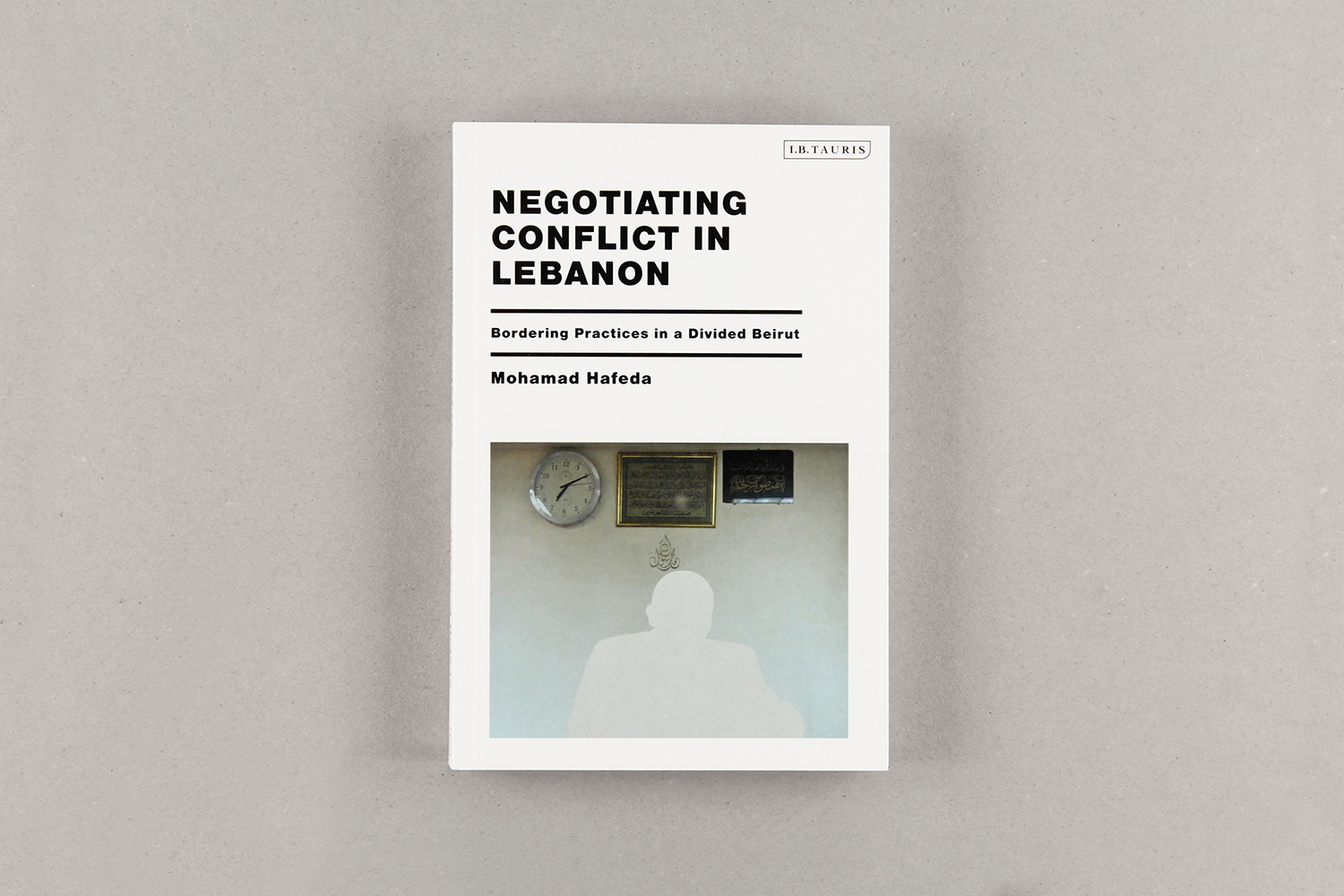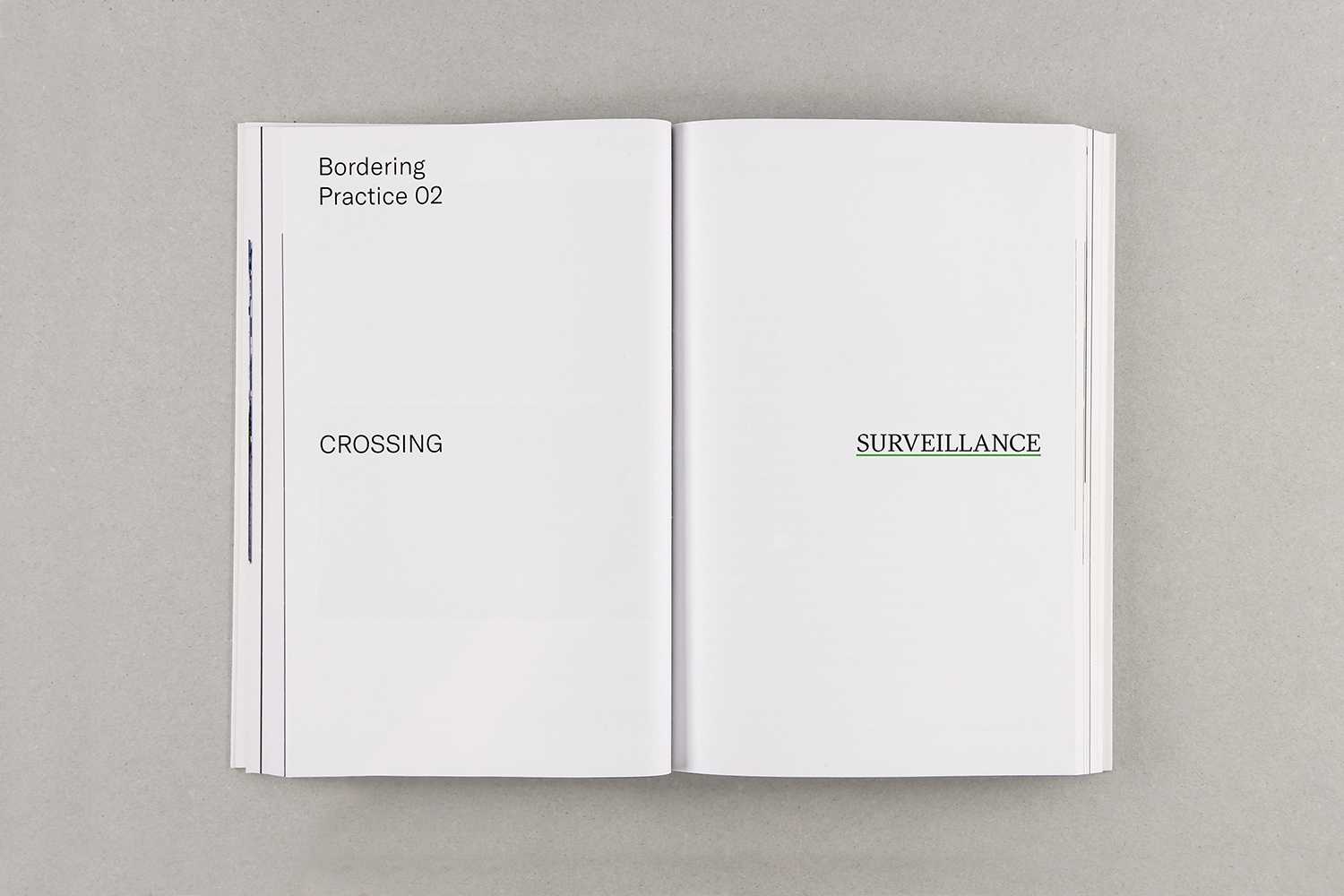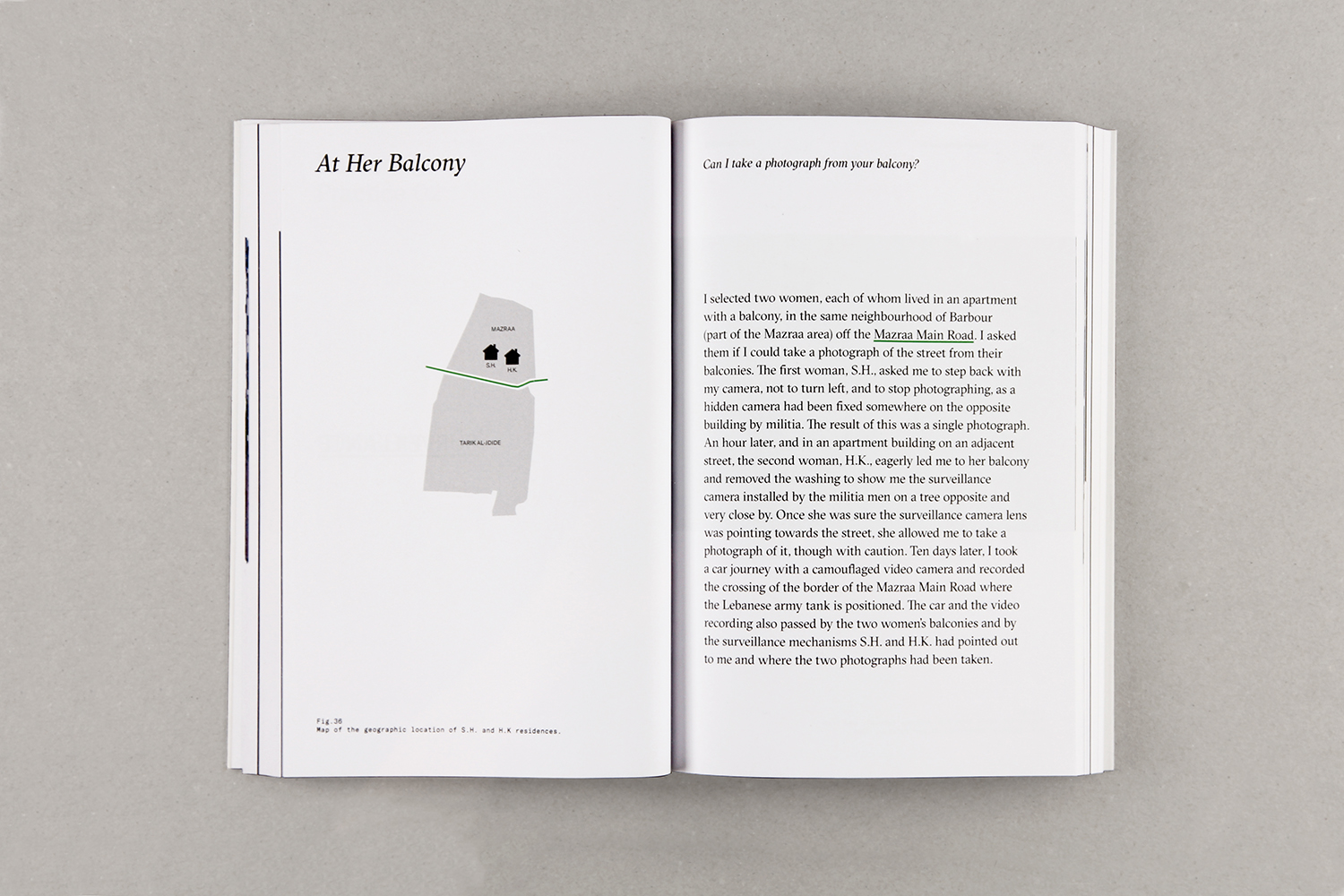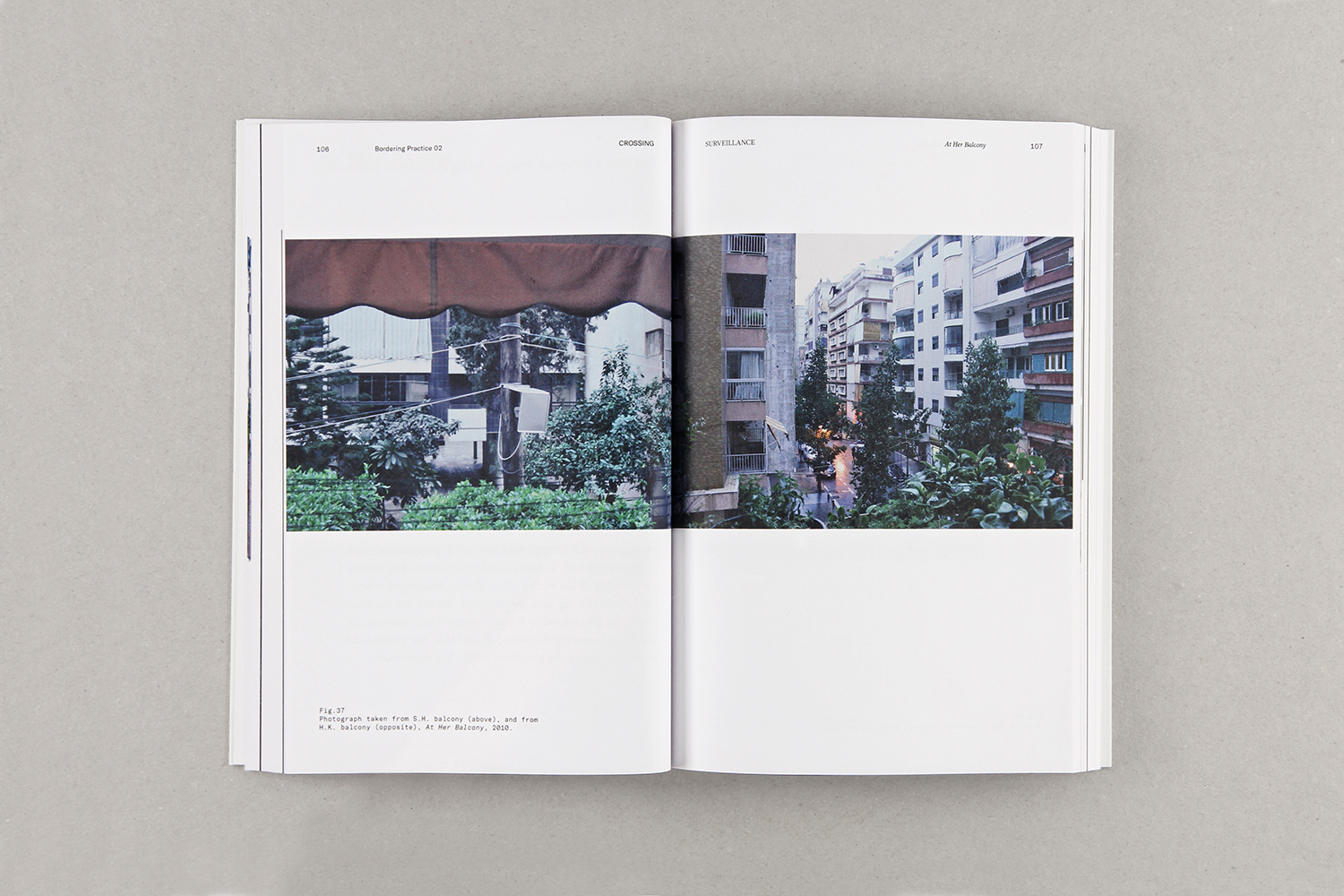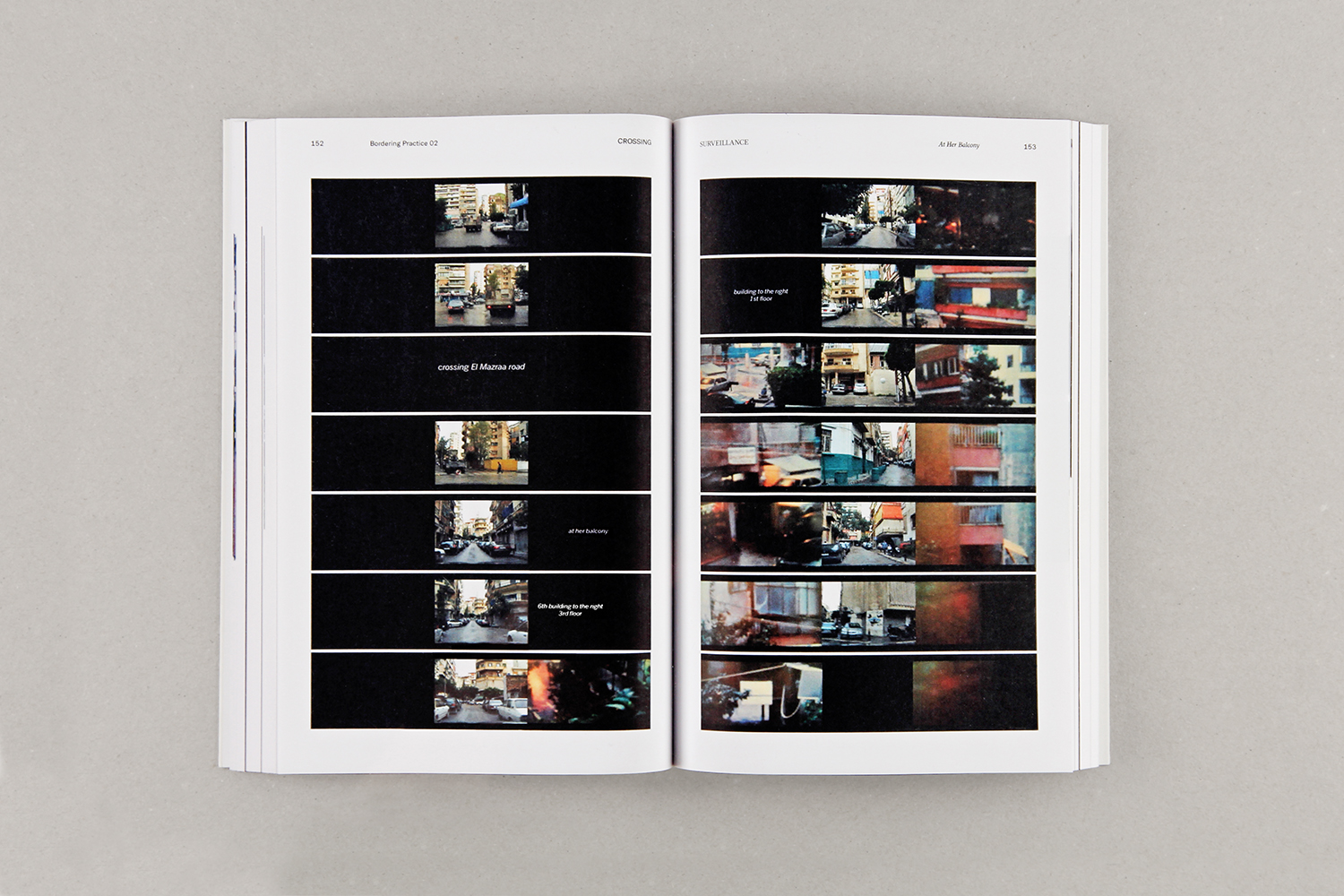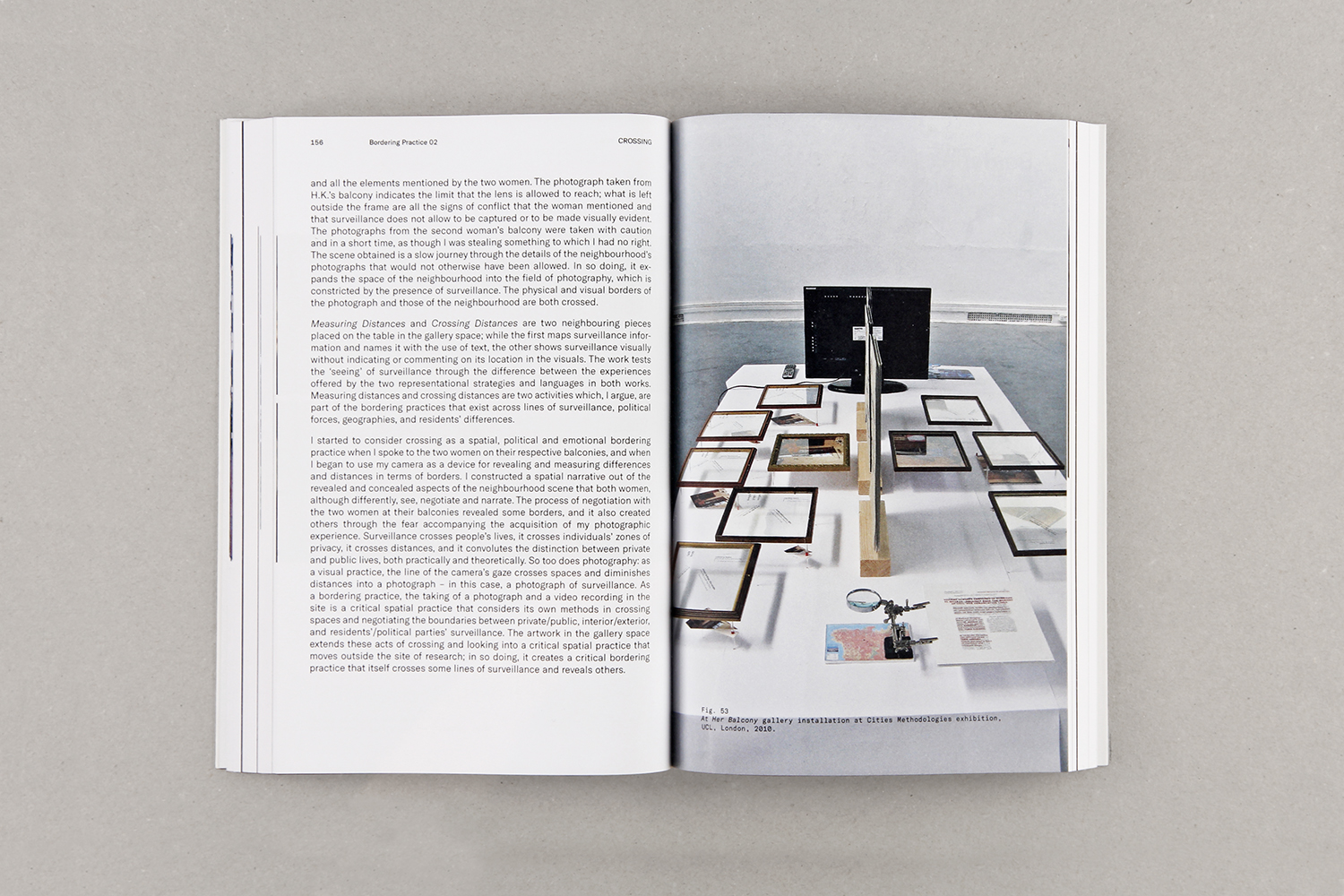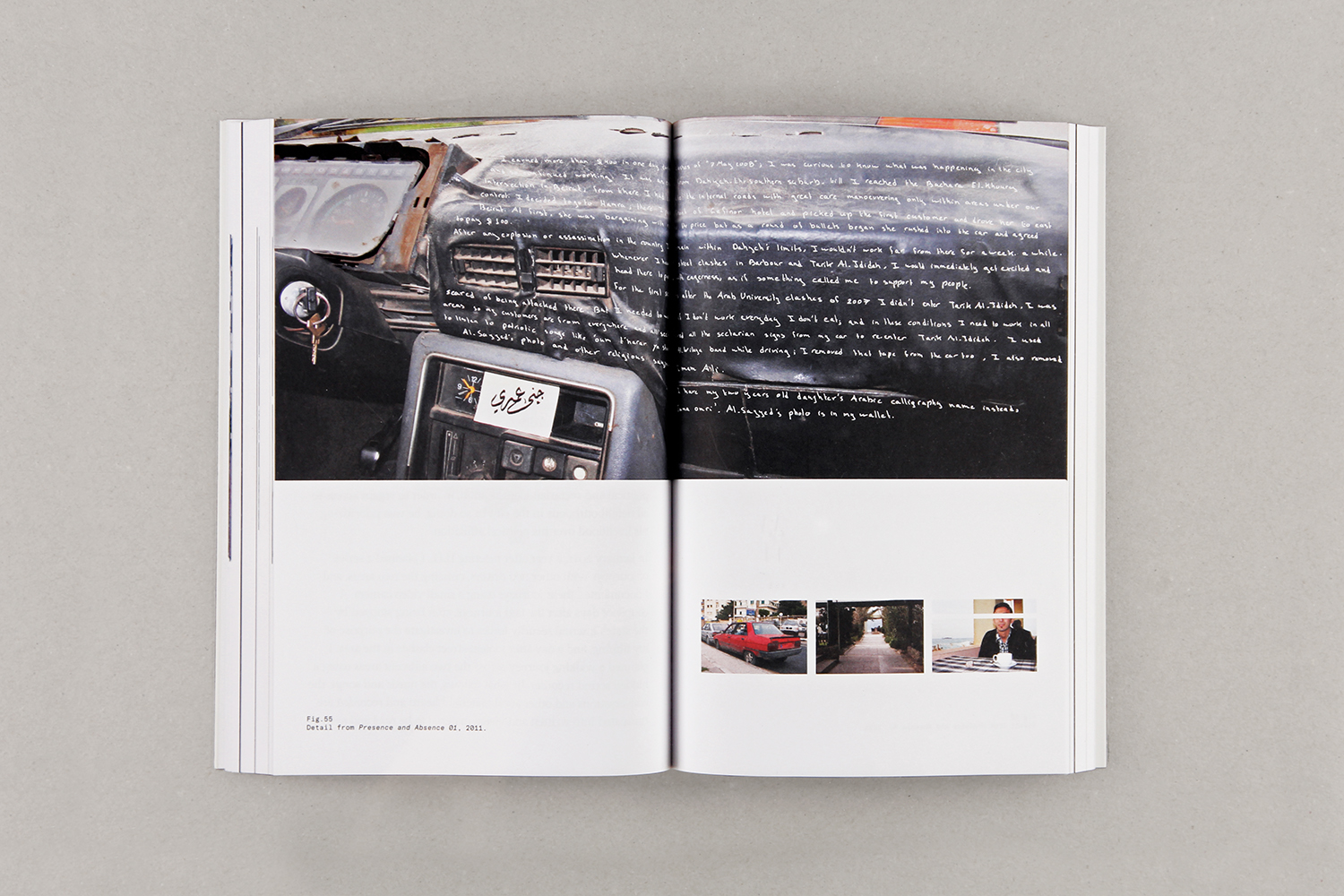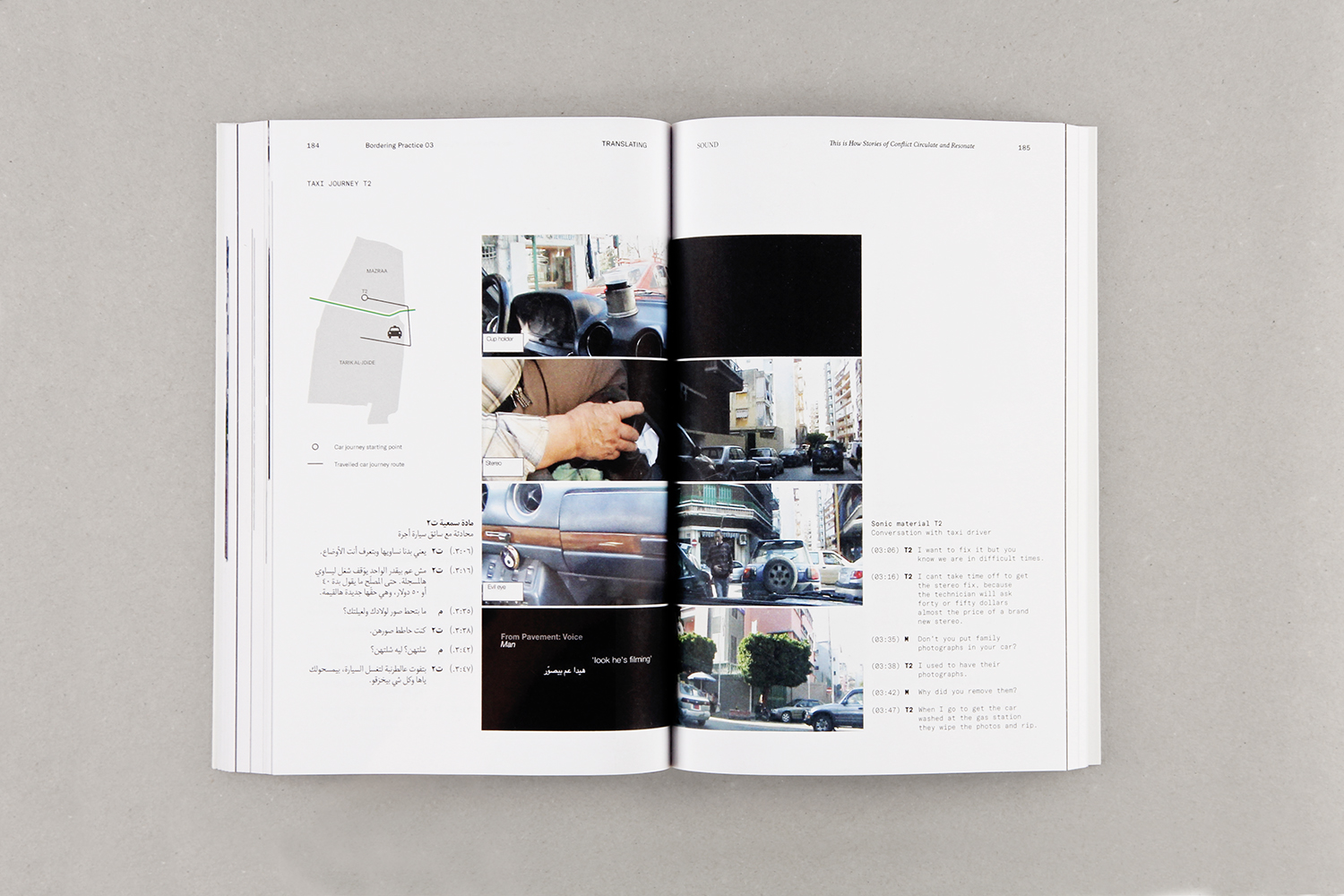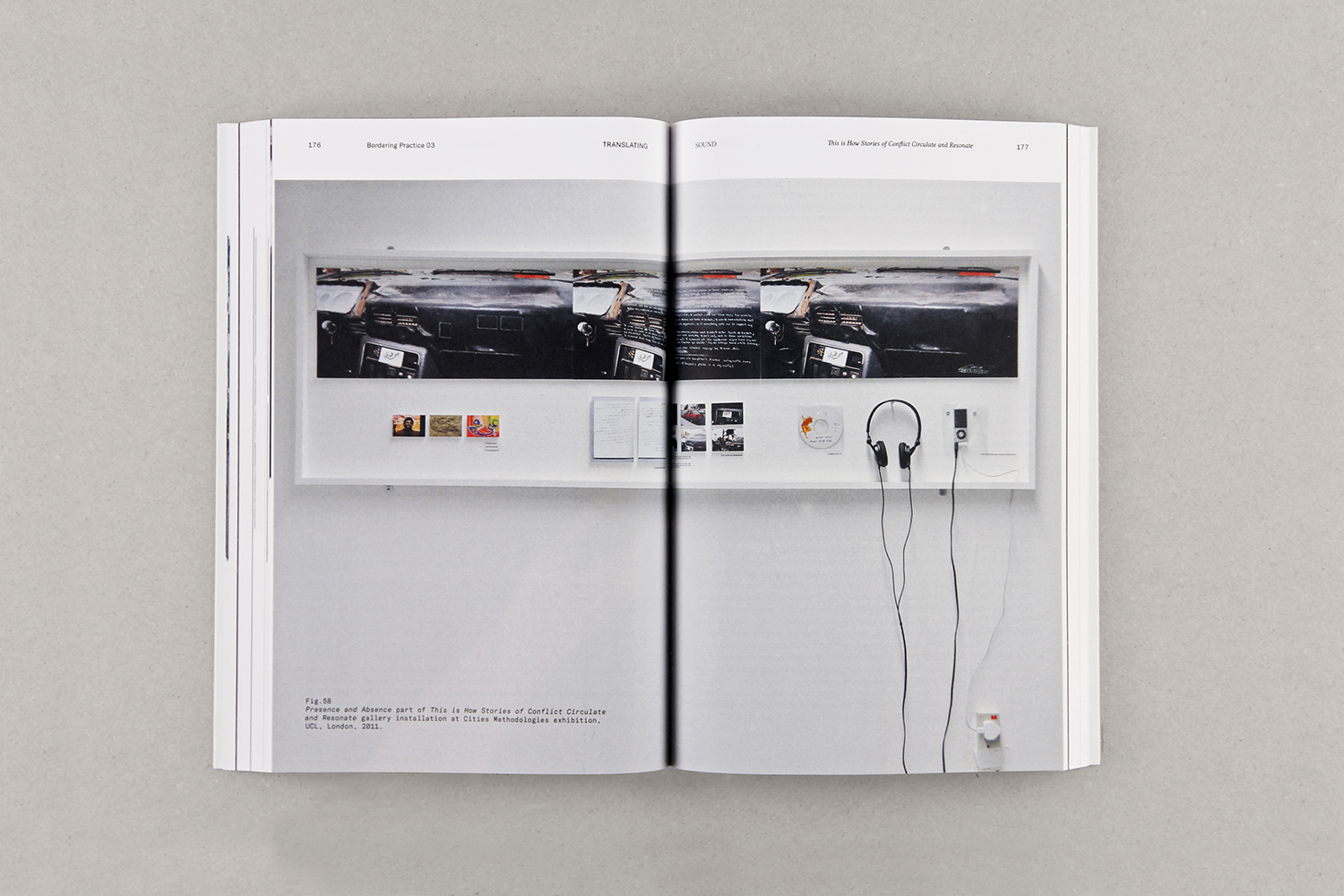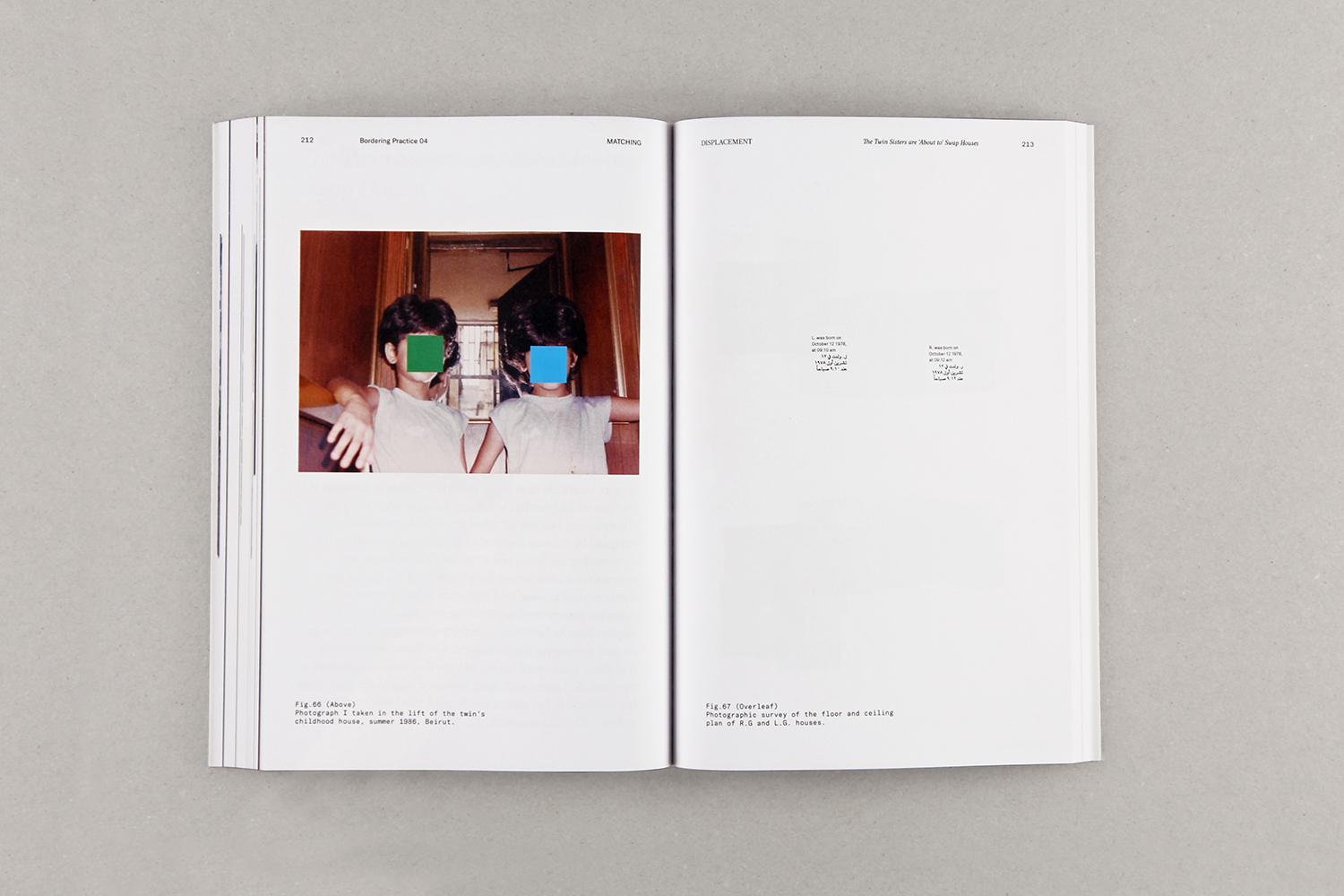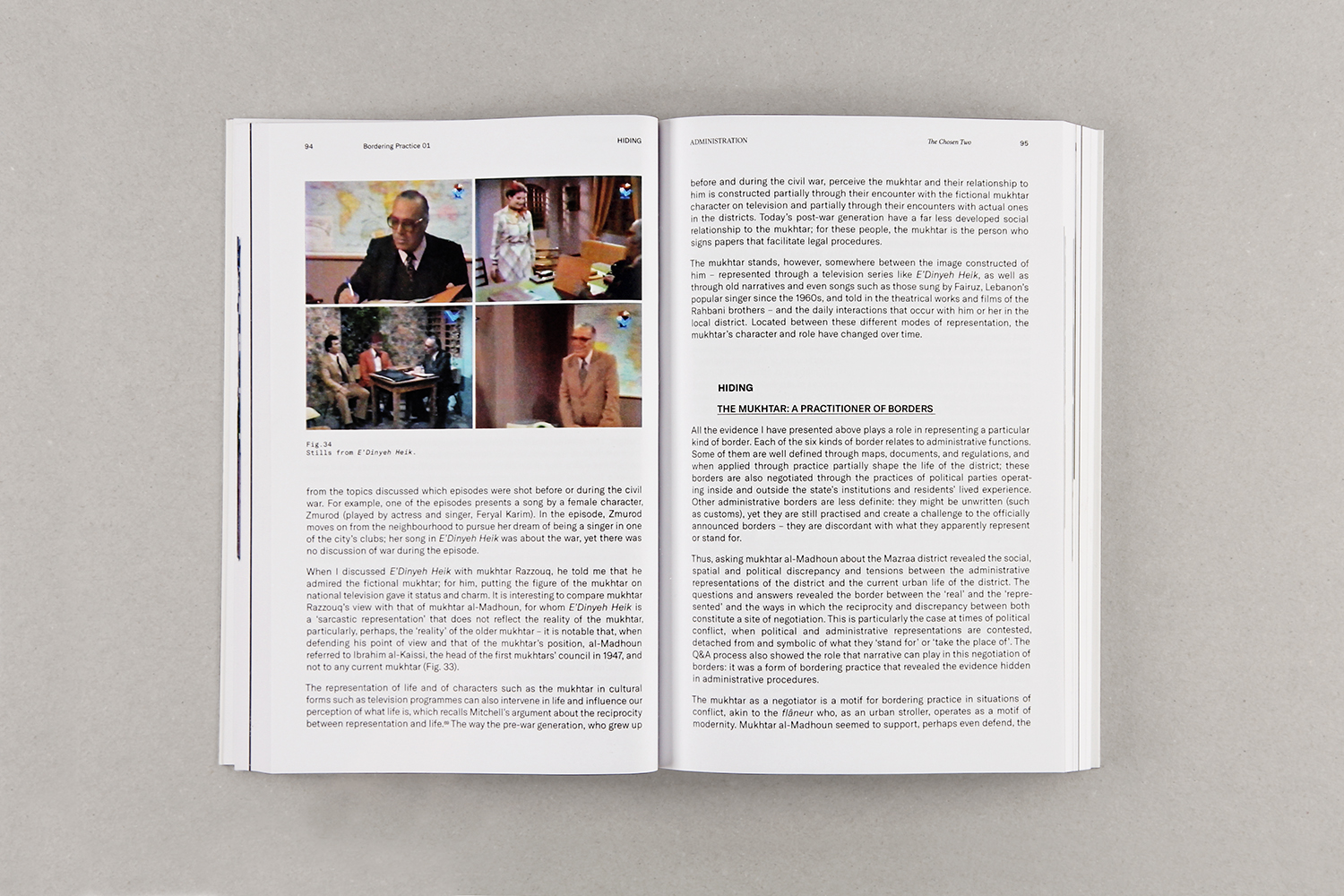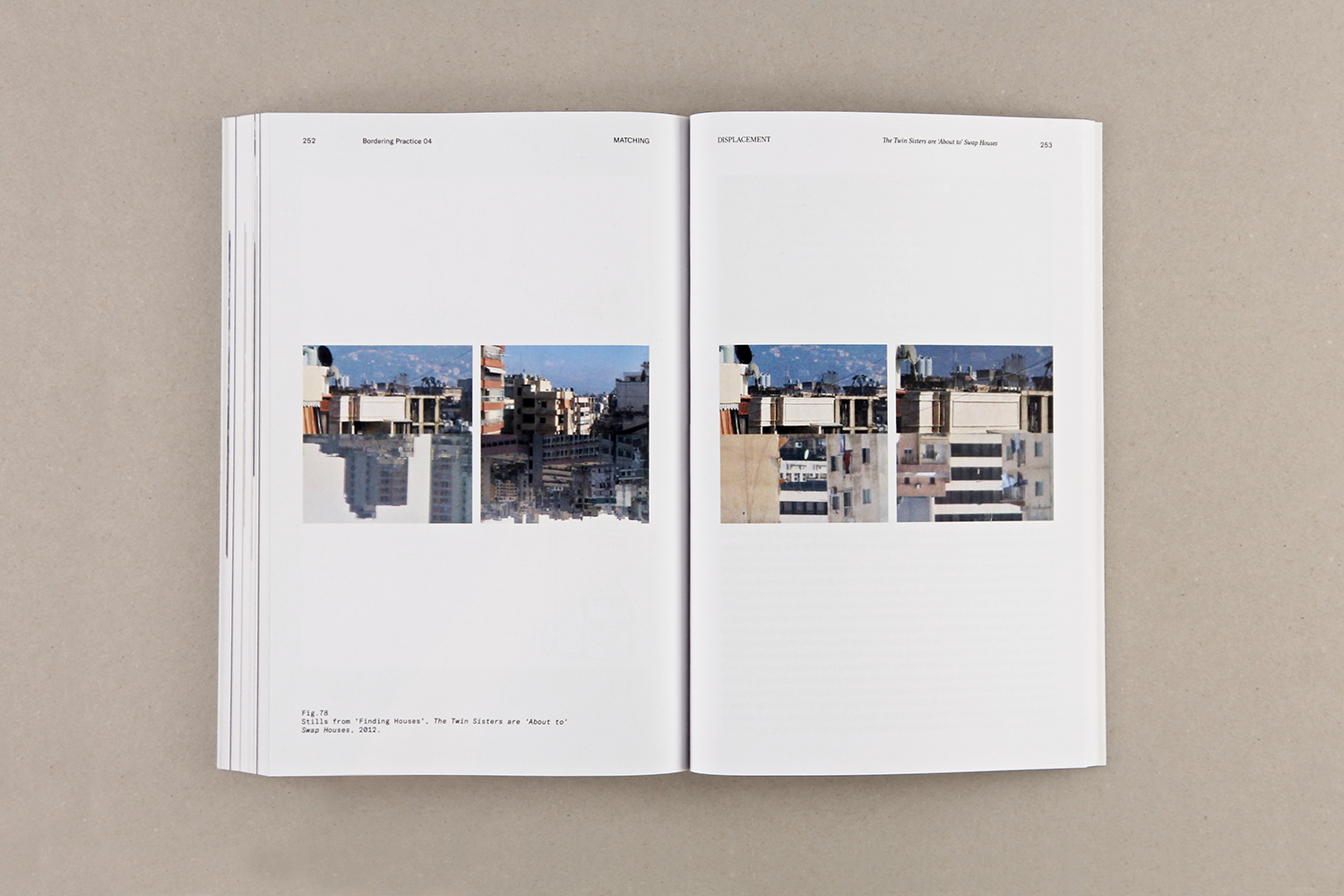NEGOTIATING CONFLICT
Book London, New York: Bloomsbury, 2019
Negotiating Conflict in Lebanon is the culmination of Hafeda’s practice-led research project; a nine-year investigation into sectarian and political struggles in the country. It employed art processes to investigate everyday borders as immaterial processes and practices that differentiate and divide. Furthermore, the book considers how artistic research can itself be seen as a form of a critical spatial practice and, in particular, a bordering practice.
The new wave of political-sectarian conflict since the assassination of former Prime Minister Rafic Hariri in 2005 imposed a variety of physical borders within the urban space in the form of security checkpoints, demarcation lines and violent clashes that cut across neighbourhoods and communities. Yet these material occurrences and borders extended into the immateriality of residents’ daily activities in the form of bordering practices.
Through research based on interviews, urban actions, documentations and media representations such as maps, visuals and gallery installations, the project worked with residents in their interior spaces to negotiate the conflict’s mechanisms and borders. In particular, it negotiated the border conditions of administration, surveillance, sound and displacement. The research methods and media used to conduct the project, and the representations produced from the research relate to the political conditions of the border under investigation. As such, the gallery art installations transformed the conflict’s borders into multiple shifting practices and representations that divide and connect through acts of negotiation and narration. The series’ four installations are At Her Balcony, This is How Stories of Conflict Circulate and Resonate, The Twin Sisters are ‘About to’ Swap Houses and The Chosen Two.
